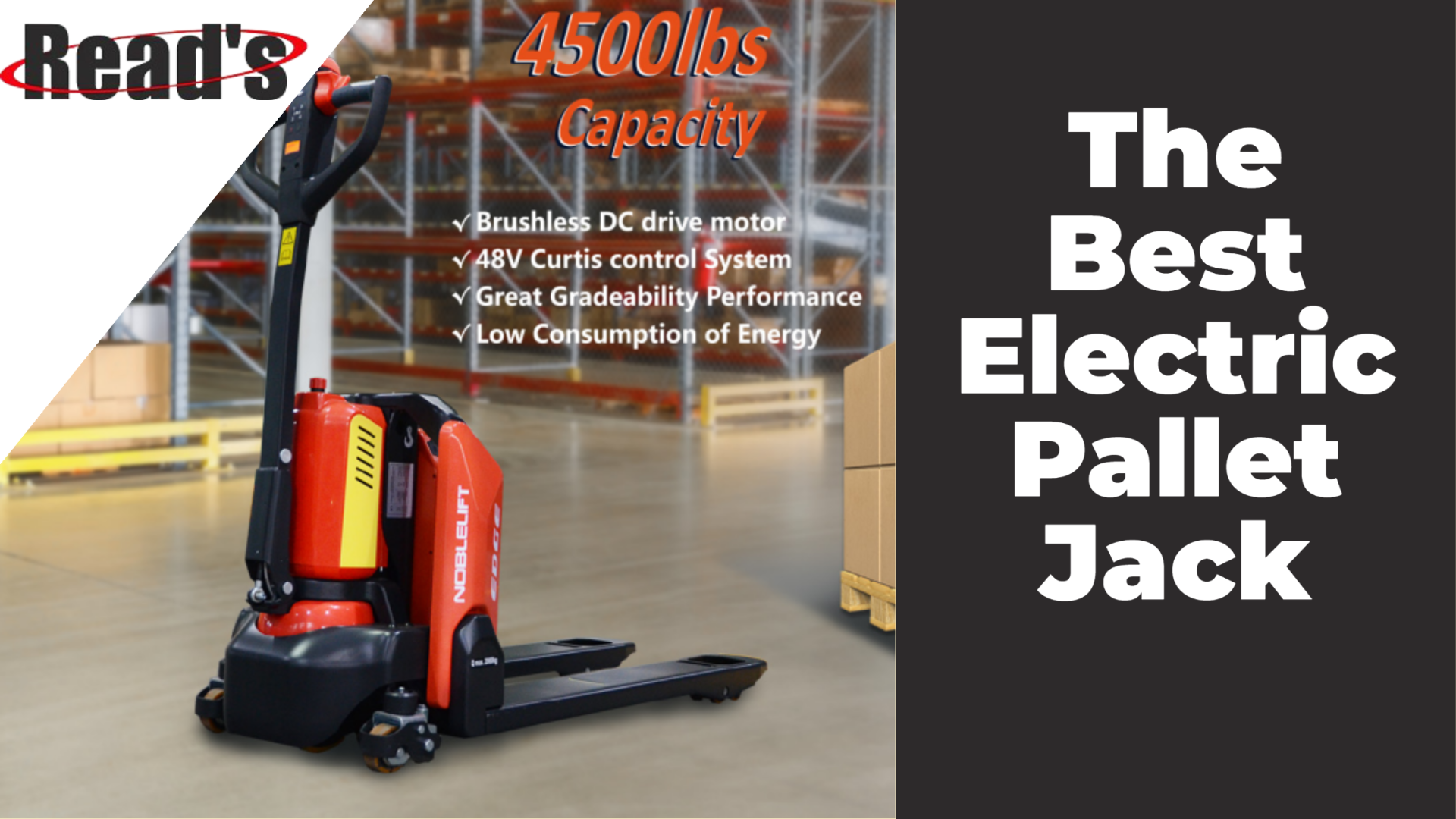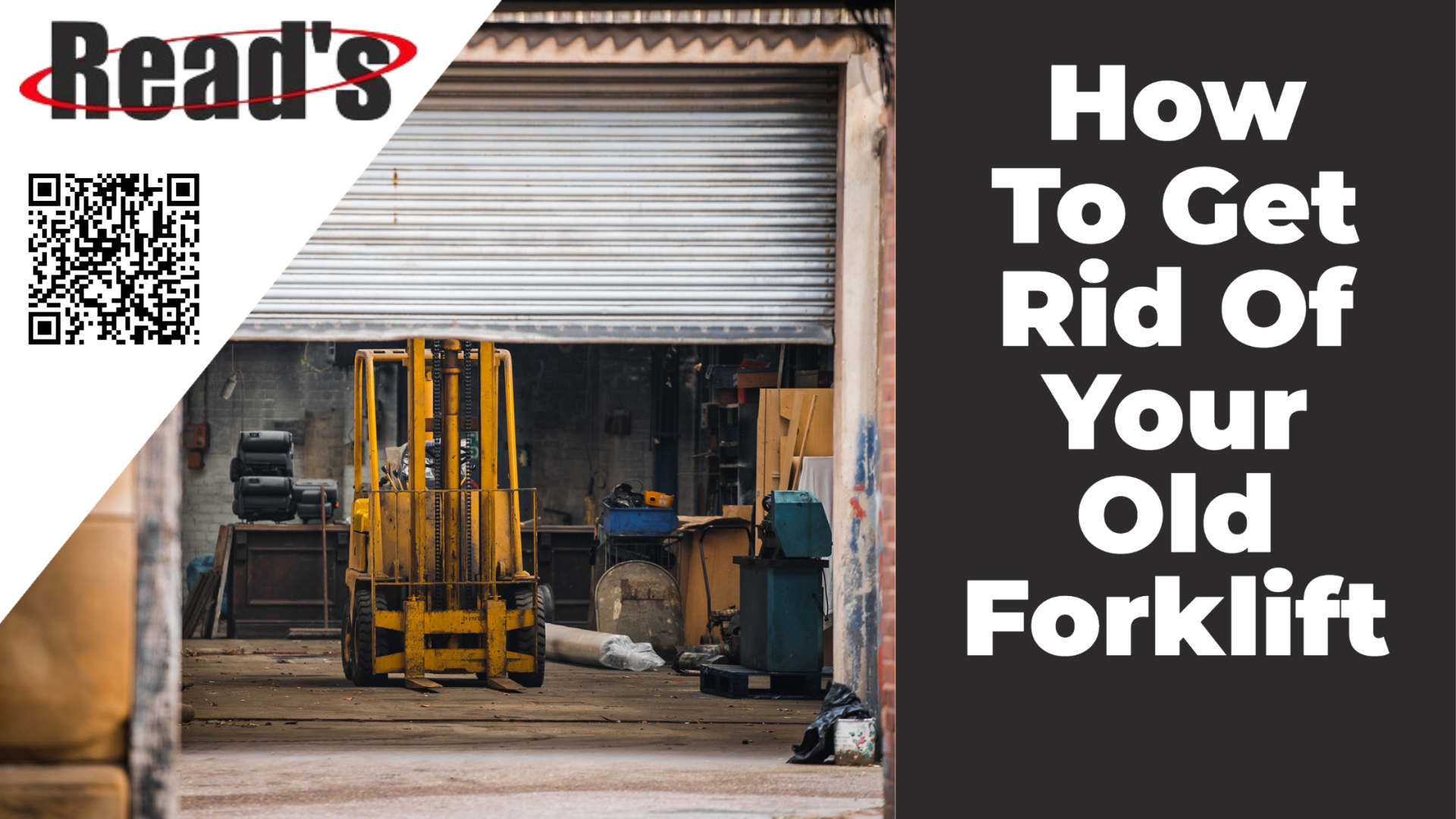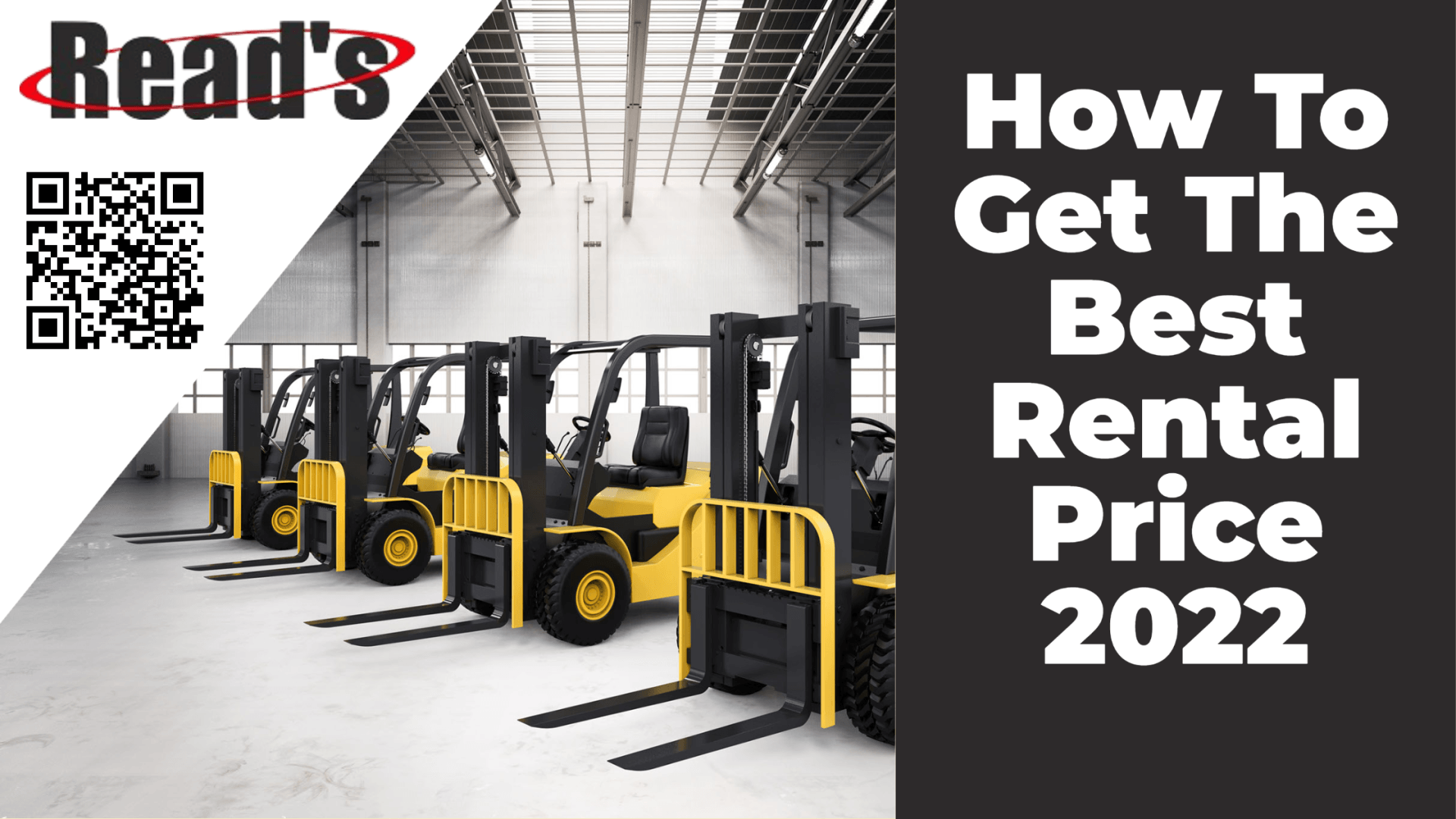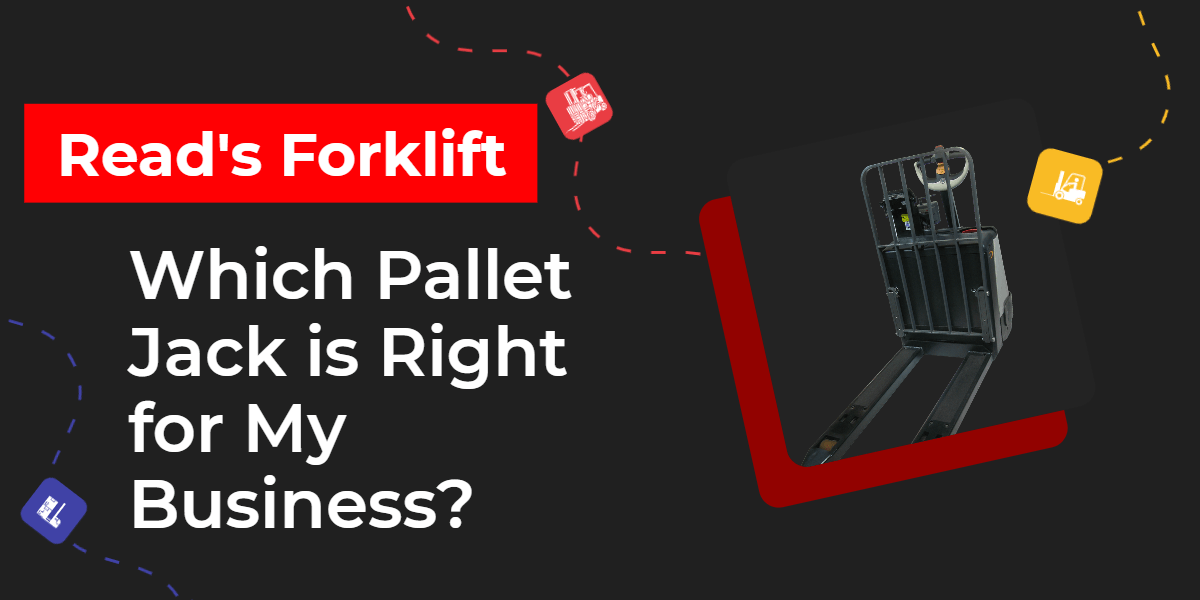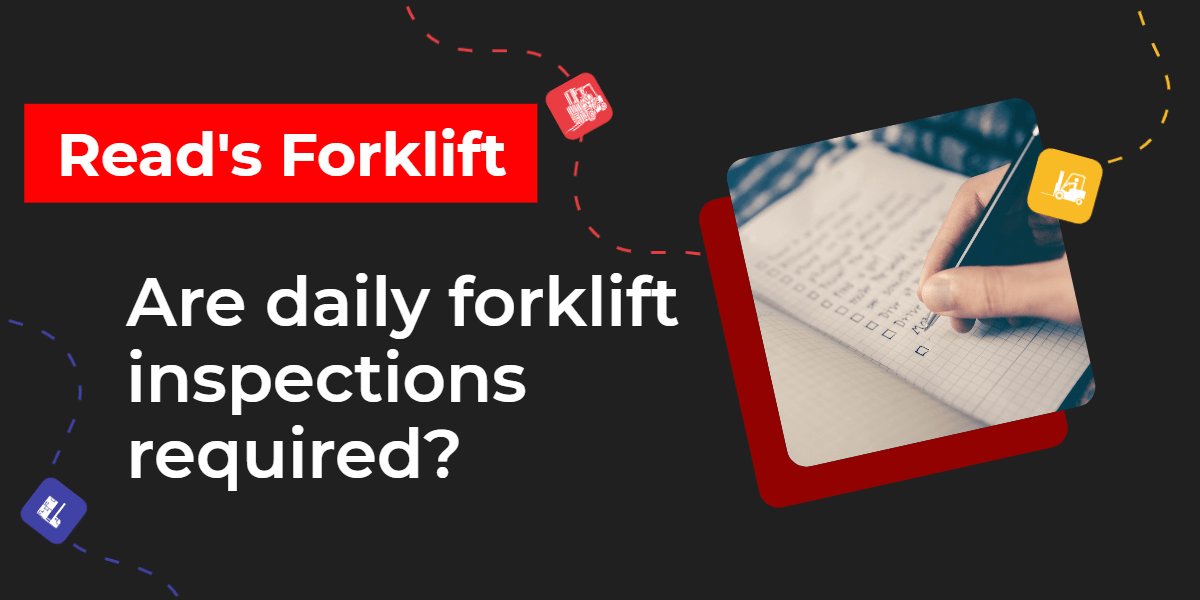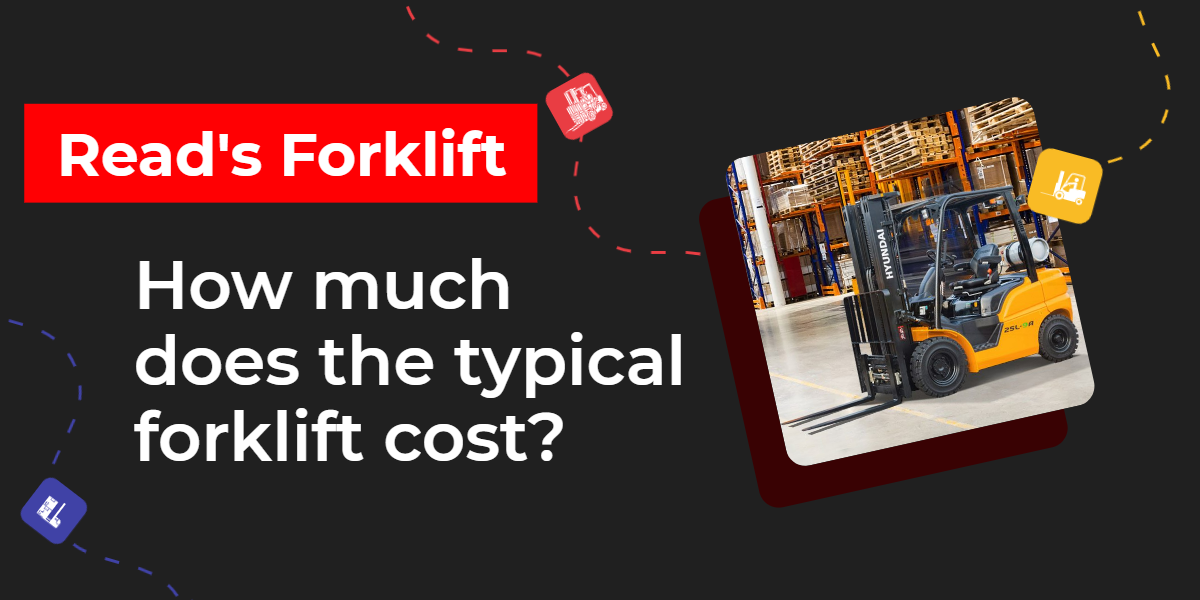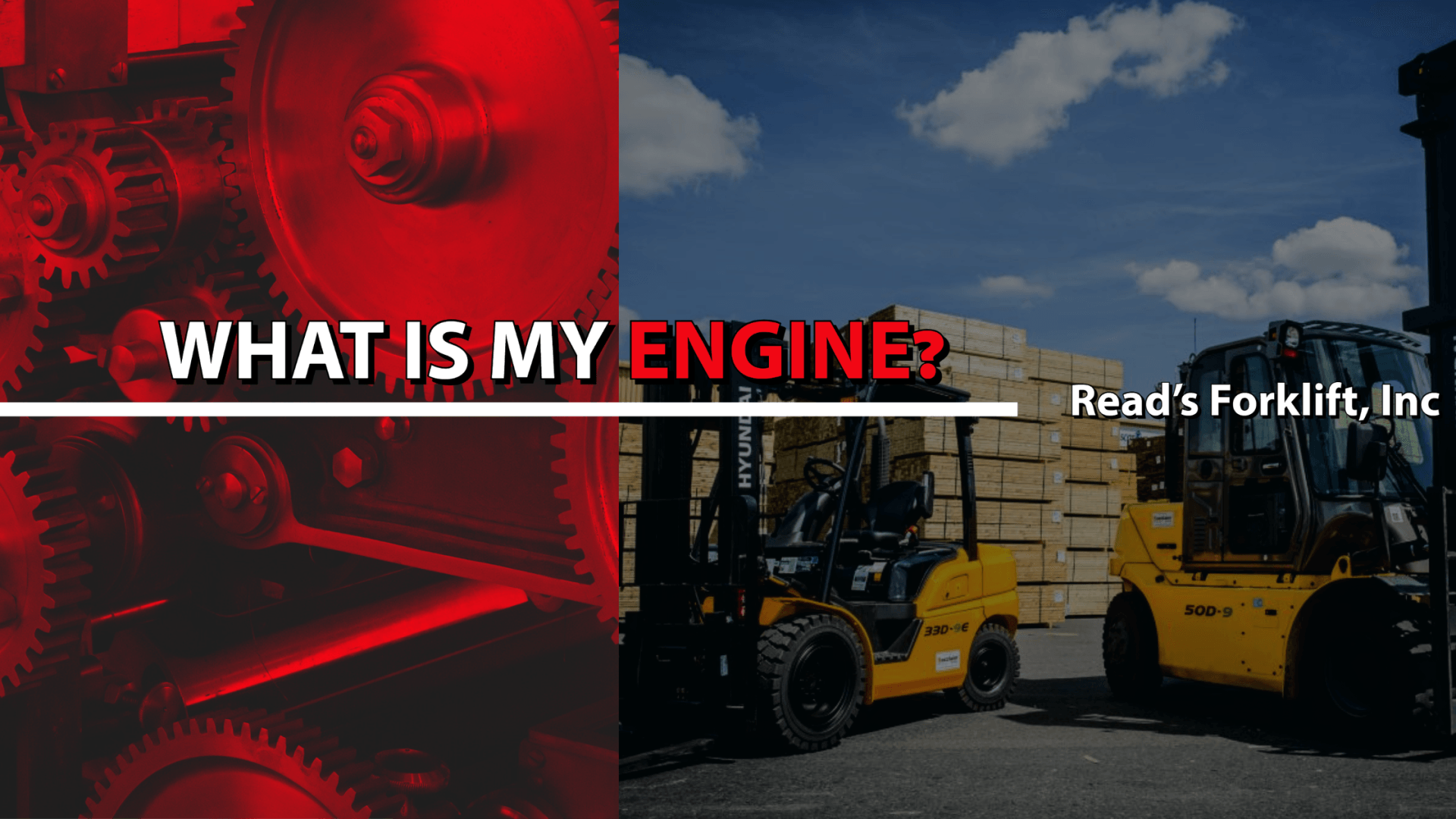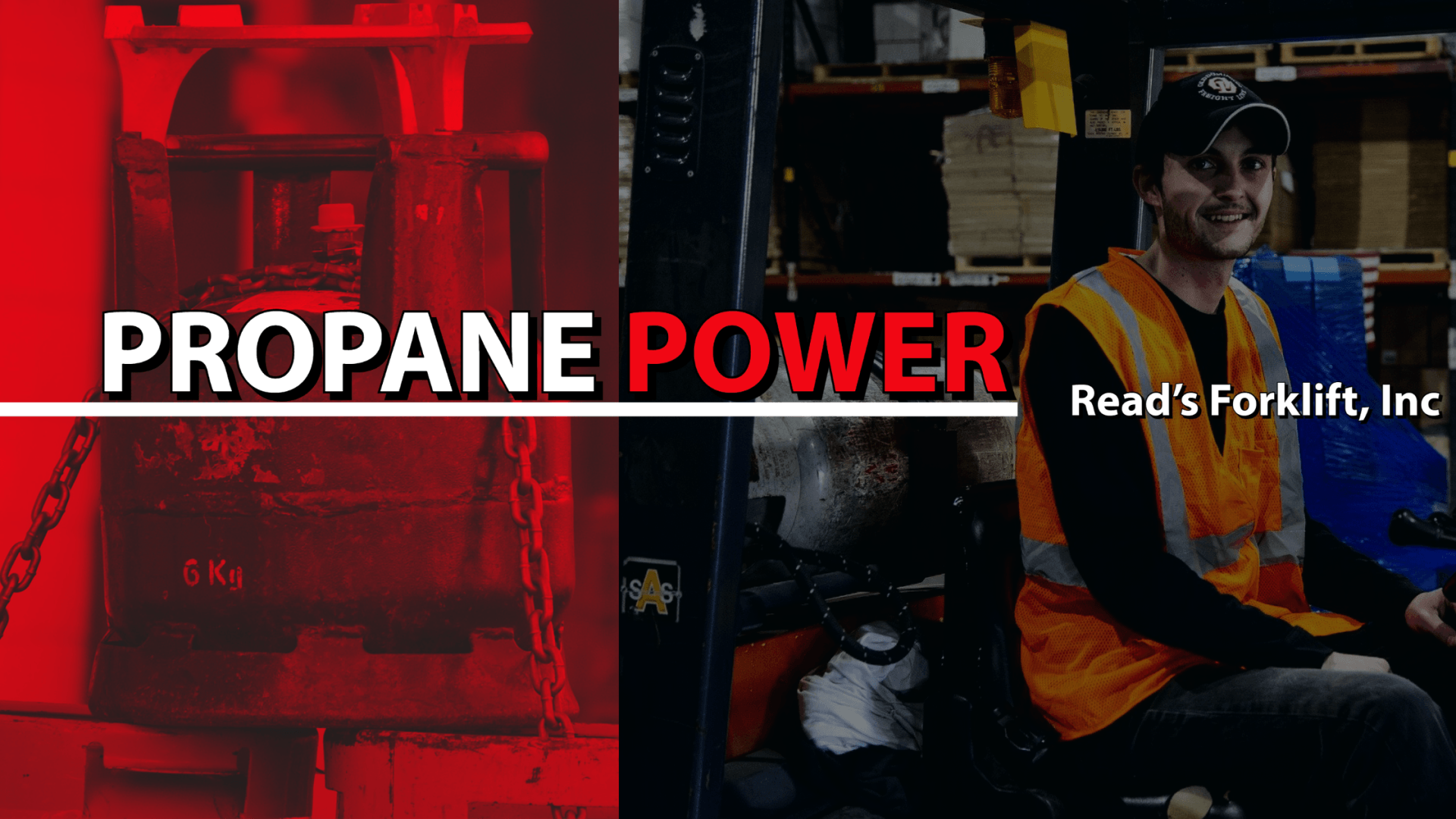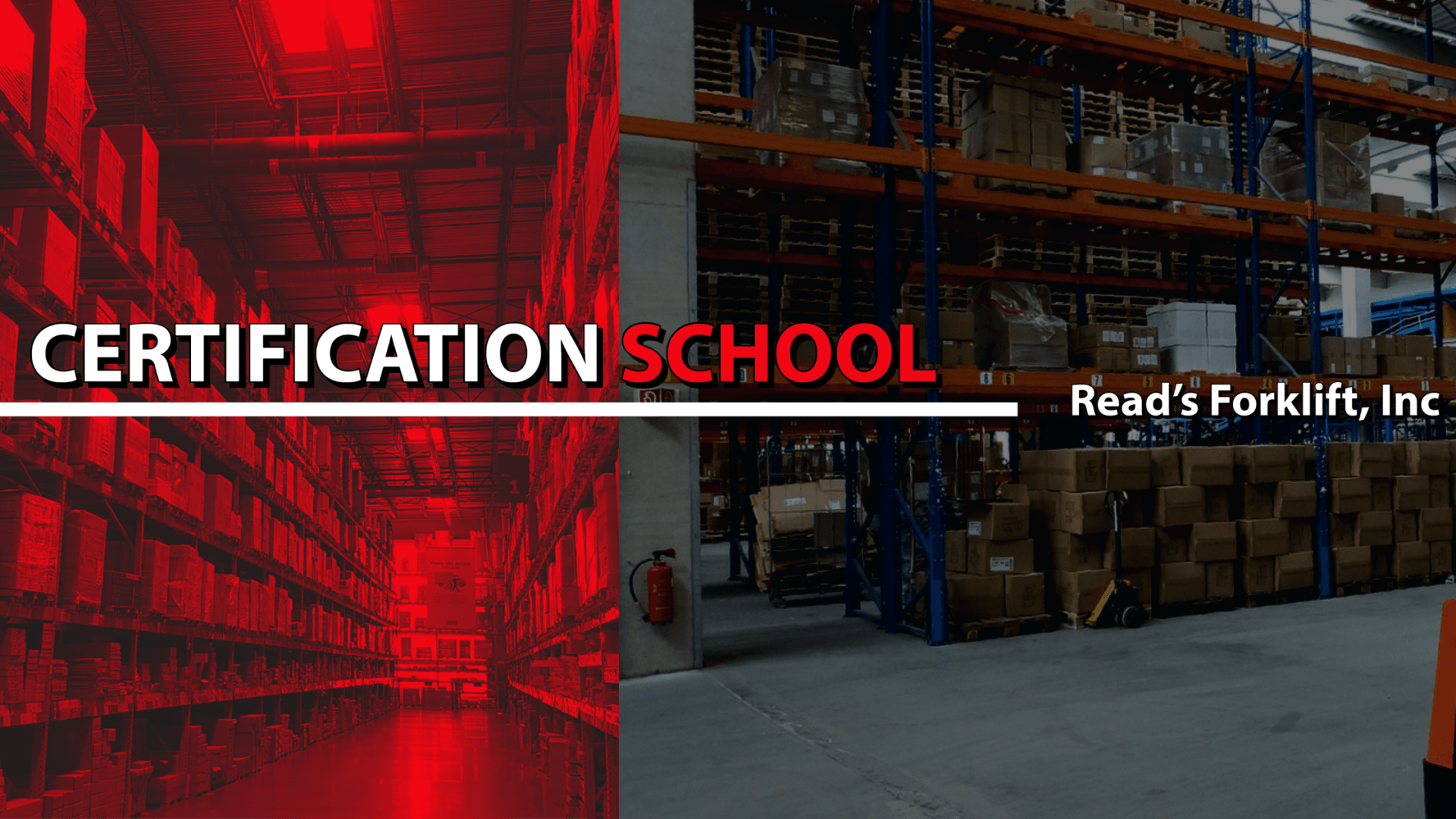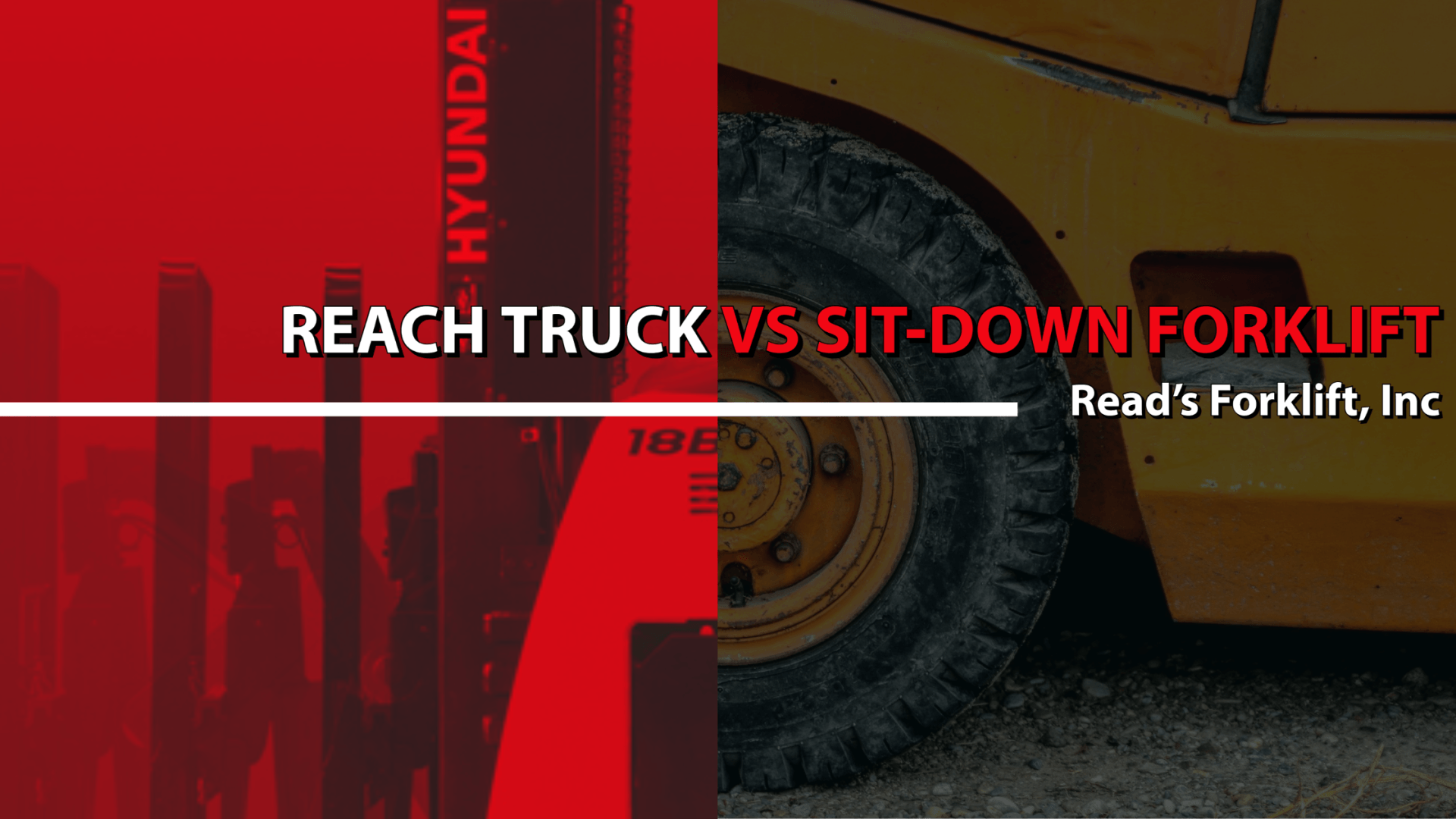One of the most important aspects of your business is how efficiently everything runs. If your business doesn't have the right equipment, or if your equipment is down, it can be very difficult or impossible to keep up with demands.
That's why it's imperative to invest in new forklifts every few years-or at least make sure you're getting full use out of them! Let's explore 4 reasons why you need a new forklift-or at least take some time to inspect your current one.
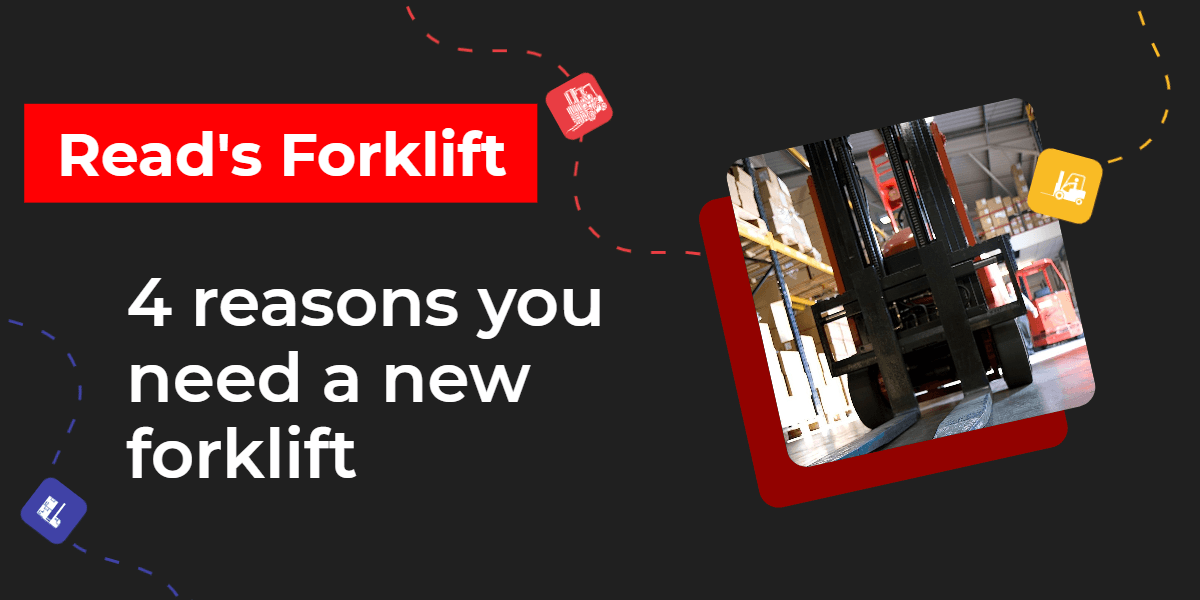
Wear and Tear
When you're using your forklift fleet for prolonged periods of time, it's inevitable that there will be some wear and tear. Forklifts are subjected to a lot of abuse, and over time the parts will start to show signs of aging. If you're not careful, this can lead to costly repairs. In some cases, it may even be necessary to replace the forklift altogether.
Here are some of the most common signs of wear and tear on a forklift:
- Reduced hydraulic power. Hydraulic oil is used to power the forklift, and over time it can become contaminated with dirt or debris that accumulates in the fluid. If this happens, the oil needs to be drained and replaced. Over time, components that work to transfer power from the pump will start to wear out. This means it takes more pressure at the pump to get the same result (that is, lift an object) as before, which can eventually lead to the need for a new forklift.
- Electrical systems. Over time, the insulation around the wiring becomes worn down, which can cause electrical components to short out or become an electrical gremlin.
- Worn chains. Chain slippage can cause the forklift to suddenly lurch forward or backward, which can be very dangerous. If you feel this happening, it’s important to disengage the load and come to a stop as soon as possible.
- Brake system faults. The brake system can wear out and become faulty, which is very dangerous. It's important to fix the problem right away and return the forklift to its proper stop.
- Cooling system faults. Heavy steel fans can produce undue wear on the engine and reduce the fan’s capacity to remove heat, or even create its own heat by increased demand for energy by a heavier fan. Regular Coolant Fluid Replacement – Like oil, cooling system fluid has a recommended maximum useful life, and that can vary widely depending upon how your system was serviced and the type of coolant used to replace your current fluid. Every engine and application is different so don’t solely rely on factory-recommended intervals for a flush and refill. Consult with us about an application survey and we can assist you in setting a schedule for regular coolant replacement that makes sense for your operation.
Safety
One of the main reasons for investing in a new forklift is safety. When you have a faulty brake system or weak chains, it can lead to an unsafe situation. It's also important to make sure you're getting all the use out of your forklift that you can.
In addition, by replacing your old equipment with a new one, you're saving money in the long run that would be spent on repairs or different pieces of equipment. Inspecting your forklift on a regular basis is the best way to make sure it's safe to use.
Efficiency
It is probably best that the person who makes the decision is an experienced fleet manager who knows how to evaluate all factors that can influence an aging fleet. Efficiency is highly impacted by the operating conditions of the equipment, the environment, and the frequency of use.
Forklifts are designed to last up to 10 years, but more frequent replacements are needed if they are used every day or have to contend with harsh environments. Upgrading to new models with the most up to date controls is highly recommended when replacing forklifts.
A common question that comes up is whether or not you should replace your entire fleet of forklifts at once, or if you can replace them one by one based on their economic lifespan? It really depends on how many outliers are in your fleet. If you have a mix of both newer and older equipment, then replacing them one by one is best. However, if your entire fleet is made up of older models with very few outliers, it may make sense to do an across-the-board replacement of all the forklifts at once.
Cost of Ownership
When you have an old forklift, the cost of ownership goes beyond just the initial purchase price. You also have to factor in the cost of regular repairs, as well as the cost of lost productivity due to downtime.
In many cases, it makes more sense financially to replace an old forklift with a new one than to keep repairing it.
Not only is a new forklift more reliable and efficient, but it also comes with a number of safety features that can help keep your employees safe. Plus, when you buy a new forklift, you're eligible for tax deductions, which can further reduce the cost of ownership.
When you're considering whether or not to replace your old forklift, it's important to weigh all of the pros and cons. If you have a fleet manager who can keep track of all your forklifts, it'll be easy to know when it's time for an upgrade.
When it comes to your forklift, you need to look no further than the 4 reasons why a new one is needed. From efficiency and safety considerations that impact productivity all the way down to tax deductions for buying new equipment, there are plenty of good reasons to upgrade old models with newer technology.
For more information on how this process works or if you want help making decisions about which model would be best for your company's needs, contact us today! Our team will assist you in any capacity necessary so don't hesitate; give us a call now!

